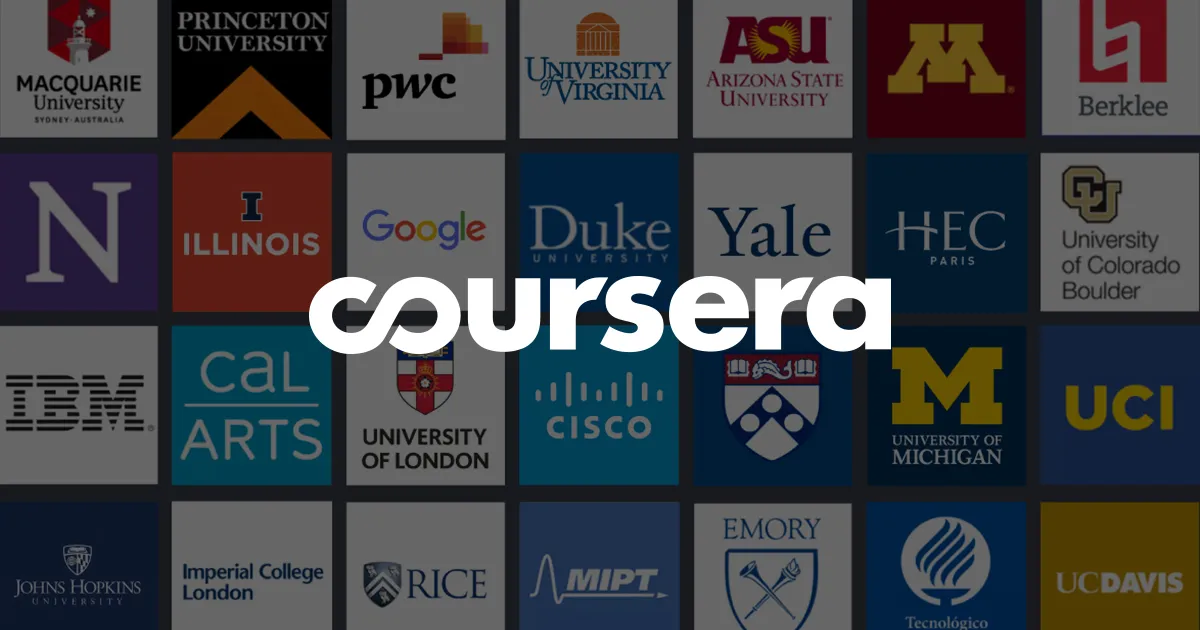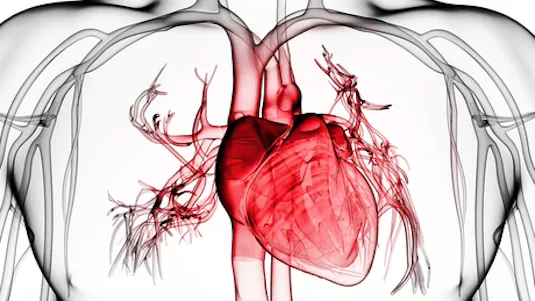
Science of Exercise 
This Science of Exercise course will provide learners with an in-depth understanding of the physiological and biochemical changes that occur in the body during exercise. Learners will explore the science behind exercise, including nutrition, metabolism, muscle fatigue, and performance-enhancing drugs. Through active learning assessments, learners will be able to apply their knowledge to nutrition logs, heart rate monitoring, and calculating their total daily caloric expenditure and body mass index (BMI). Finally, learners will examine the scientific evidence for the health benefits of exercise, such as the prevention and treatment of heart disease, diabetes, cancer, obesity, depression, and dementia. ▼
ADVERTISEMENT
Course Feature
![]() Cost:
Cost:
Free
![]() Provider:
Provider:
Coursera
![]() Certificate:
Certificate:
Paid Certification
![]() Language:
Language:
English
![]() Start Date:
Start Date:
17th Jul, 2023
Course Overview
❗The content presented here is sourced directly from Coursera platform. For comprehensive course details, including enrollment information, simply click on the 'Go to class' link on our website.
Updated in [June 30th, 2023]
What skills and knowledge will you acquire during this course?
Learners who complete Science of Exercise will acquire an improved physiological understanding of how the body responds to exercise. They will be able to identify behaviors, choices, and environments that impact health and training. The course will cover significant adjustments required by the body in response to physical stress, such as changes in carbohydrate, fat, and protein metabolism, nutritional considerations, causes of muscle soreness and fatigue, and the effectiveness and dangers of performance enhancing drugs.
How does this course contribute to professional growth?
The course "Science of Exercise" contributes to professional growth by providing learners with an enhanced physiological understanding of how the body responds to exercise. It enables learners to identify behaviors, choices, and environments that impact health and training. The course explores various adjustments required by the body to respond to physical stress, such as changes in carbohydrate, fat, and protein metabolism, nutritional considerations, causes of muscle soreness and fatigue, and the effectiveness and dangers of performance enhancing drugs. Active learning assessments challenge learners to apply this knowledge through activities like nutrition logs, heart rate monitoring, and calculations of total daily caloric expenditure and body mass index (BMI).
Is this course suitable for preparing further education?
The course "Science of Exercise" is suitable for preparing further education as it provides learners with an improved physiological understanding of how the body responds to exercise. It allows learners to identify behaviors, choices, and environments that impact health and training. Active learning assessments, including nutrition logs, heart rate monitoring, calculations of total daily caloric expenditure, and body mass index (BMI), challenge learners to apply their knowledge.
Course Syllabus
The Energetics of Exercise
In this module you will learn about the various metabolic pathways (carbohydrates, fats and proteins) that are activated in order to supply the necessary energy required for the mechanical work of skeletal muscles during exercise. How these pathways are regulated, the methods for assessing the extent to which specific fuels are being utilized and the overall estimation of your metabolic rate will be addressed. Additionally, the importance of the chemical energy stored in ATP and its requirement for muscular work will be discussed.Physiological Systems During Exercise
In this module you will learn how a number of key physiological systems (muscular, respiratory, cardiovascular, endocrine and immune systems) are regulated during exercise to help maintain homeostasis. These adjustments are critical for exercise to continue for any significant duration. This will include: how the respiratory system adjusts during exercise to ensure proper oxygen delivery and carbon dioxide removal from active muscles; how the cardiovascular system responds to ensure adequate blood flow to various organs, including muscle, during exercise; how the endocrine system plays a major role in regulating key biochemical and physiological responses to exercise and; how exercise influences the immune system and your ability to fight infections.Exercise for Fitness & Performance
This module will teach you about the training guidelines needed to optimize your endurance and strength adaptations associated with a regular exercise program. Important nutritional requirements for both endurance and strength training will be addressed. The causes of both muscle soreness and fatigue will be explained. Finally,Exercise in Health, Wellness and Disease
the effectiveness and mechanisms whereby performance enhancing drugs exert their effect will be covered.Pros & Cons

Well-structured course design

Informative and interesting content

Motivating course design

Provides updated information on exercise and nutrition

Suitable for students of any age

Helps in understanding the mechanisms behind endurance and strength training

Teaches actualized information on exercise and therapy

Repetitive content

Limited options for testing understanding without purchasing the course

Peer review grading system may not be fair or effective

Not suitable for beginners without prior knowledge of biochemistry
Course Provider

Provider Coursera's Stats at AZClass
Discussion and Reviews
0.0 (Based on 0 reviews)
Explore Similar Online Courses

Build a Java Text Editor from Scratch

Ash-Related Operational Challenges in Energy Utilization of Sustainable Fuels

Python for Informatics: Exploring Information

Social Network Analysis

Introduction to Systematic Review and Meta-Analysis

The Analytics Edge

DCO042 - Python For Informatics

Causal Diagrams: Draw Your Assumptions Before Your Conclusions

Whole genome sequencing of bacterial genomes - tools and applications

Exercise Physiology : The Body In Motion

Vital Signs: Understanding What the Body Is Telling Us


Start your review of Science of Exercise